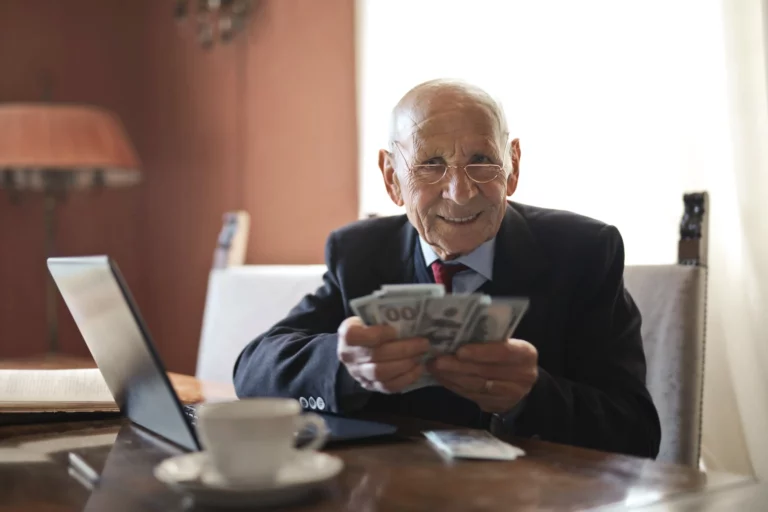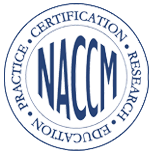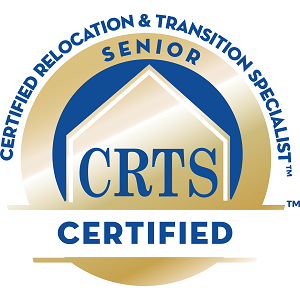Skin Cancer Awareness Month: Understanding Skin Cancer in Seniors
May is Skin Cancer Awareness Month, a time when healthcare professionals and organizations come together to speak up about skin cancer. Skin cancer is the most common form of cancer in the United States, with an estimated 9,500 people diagnosed daily. While skin cancer can affect anyone, seniors are particularly vulnerable. This article will explore the risk factors, signs and symptoms, and impact of skin cancer on seniors, as well as ways to support loved ones with this disease.
What is Skin Cancer Awareness Month?
Skin Cancer Awareness Month is an annual campaign that aims to raise awareness about the dangers of skin cancer and encourage people to take steps to protect themselves from this disease. The campaign is designed to promote education, prevention, and early detection of skin cancer, with a focus on encouraging people to perform regular skin self-exams and visit their healthcare providers for checkups.
Seniors are at a higher risk of developing skin cancer, making awareness especially important for them. Skin cancer awareness is also essential for caregivers, who play a crucial role in helping seniors stay healthy and safe. By increasing education about skin cancer and its warning signs, seniors and their caregivers can reduce their risk of developing skin cancer and improve their overall health and well-being.
Risk Factors for Skin Cancer in Seniors
Several factors make seniors more vulnerable to skin cancer than other age groups. Some of these factors include:
- Aging: As we age, our skin becomes thinner, less elastic, and more susceptible to damage from the sun.
- Prolonged sun exposure: Seniors tend to spend more time outdoors, which increases their exposure to harmful UV rays.
- Weakened immune systems: Seniors may have weakened immune systems, making it harder for their bodies to fight off cancer cells.
- Previous skin damage: Seniors with previous sunburns or skin damage are at greater risk of developing skin cancer.
- Genetics: Some seniors may have a genetic predisposition to skin cancer.
Signs and Symptoms of Skin Cancer in Seniors
The signs and symptoms of skin cancer can vary depending on the type of cancer and its location. That said, one of the most common signs is a change in the appearance of a mole or birthmark. This can include changes in size, shape, color, or texture.
Seniors should also be aware of any new growths or lesions that appear on their skin, particularly those that are asymmetrical, have irregular borders, or are multicolored. In addition, they should look out for any changes in the texture of their skin, such as persistent itching or bleeding. These symptoms can be an indication of a skin cancer lesion. Any sore or lesion that fails to heal within a few weeks should also be evaluated by a healthcare professional.
It’s essential for seniors and their caregivers to monitor their skin for any changes or abnormalities and to seek medical attention if they notice anything unusual.
The Impact of Skin Cancer on Seniors
Skin cancer can have a significant impact on seniors’ quality of life. First, it can cause physical pain or discomfort and can impact their ability to carry out daily activities. Seniors can also be affected emotionally, as they may experience anxiety, fear, and depression, particularly if they have other health conditions or limited social support.
In addition to the physical and emotional toll, skin cancer treatment can be expensive. This may lead to financial stress and worry, particularly for seniors who may not have comprehensive health insurance coverage. Overall, skin cancer can cause a decreased sense of well-being for seniors, affecting their overall quality of life.
Supporting Seniors with Skin Cancer
There are several ways that loved ones and caregivers can support seniors with skin cancer. For example:
- Providing emotional support: Caregivers can offer emotional support and reassurance for seniors who may feel anxious or overwhelmed.
- Assisting with daily activities: Seniors with skin cancer may have difficulty performing daily activities such as bathing, dressing, and cooking. Caregivers can help with these tasks to ensure their loved ones are comfortable and safe.
- Offering transportation to appointments: Affected seniors may need to attend frequent medical appointments. Caregivers can offer transportation to ensure their loved ones receive the care they need.
- Finding support groups and financial assistance programs: There are many support groups and financial assistance programs available for seniors with skin cancer. Caregivers can help their loved ones find these resources to ease the burden of their disease.
It’s important to note that having a strong support system can make a huge difference for seniors with skin cancer. Family, friends, and healthcare providers can all play an important role in providing support and comfort during this difficult time.
How a Care Manager Can Help
Skin Cancer Awareness Month is a necessary time to raise awareness about the dangers of skin cancer, particularly for seniors who are at an increased risk of developing this disease. By understanding the risk factors, signs and symptoms, and impact of skin cancer on seniors, caregivers and families can take steps to prevent and detect this disease early.
A care manager can play a vital role in supporting seniors with skin cancer. They can provide support by advocating for their needs, coordinating care, and helping them navigate the healthcare system. Care managers can also work with healthcare providers to ensure seniors receive the best care and treatment.
Reflections Management and Care is a team of aged care managers that can provide personalized support and guidance to help you navigate the challenges of skin cancer. To learn more about how we can help seniors and their loved ones, contact us today.














